Hamas chief says Israeli prisoners ‘will not see daylight’ until Palestinian inmates released
Hamas political bureau chief Ismail Haniyeh says Israeli prisoners in the besieged Gaza Strip will not see the light of day until Palestinian inmates held in Israeli jails are released.
The head of the Palestinian resistance movement made the remarks in an interview with the international Arab Forum for Solidarity with Detainees in Israeli Jails on Saturday, the movement's official website reported on Sunday.
Haniyeh stressed that the issue of the Palestinian prisoners in Israeli jails would remain a top priority for Hamas and the movement supports these inmates by strengthening their steadfastness and working hard until they enjoy “the sun of freedom.”
He also added that Hamas has managed to free more than a thousand Palestinian detainees from Israeli jails in the Wafaa al-Aharar (“True Promise of Free Men”) prisoner swap deal with the occupying regime in 2011.
Haniyeh emphasized that Tel Aviv does not make compromises willingly, confirming that “this enemy gives nothing without forcing it to do so.”
More than 7,000 Palestinians are reportedly held in Israeli jails. Hundreds have been incarcerated under the practice of administrative detention, which allows holding Palestinian inmates without trial or charge. Some Palestinian prisoners have been held in administrative detention for up to eleven years.
Elsewhere in his remarks, Haniyeh paid homage to Operation al-Quds Sword, which marked the latest military faceoff between the Israel regime and the Gaza-based resistance groups, including Hamas.
He confirmed that this confrontation with the Israeli occupation forces was a milestone in the history of Palestine, as it has “put the region on the path towards ending the Israeli occupation of Palestine.”
The Israeli regime started a 12-day war against the already Tel Aviv-blockaded Gaza Strip on May 10. As a result of the brutal aggression, more than 250 Palestinians were killed in Gaza, including 66 children, with more than 1,900 people wounded.
Gaza’s resistance groups, Hamas and the Islamic Jihad in particular, responded to the aggression on the same day that it started targeting the impoverished enclave.
Throughout the offensive, the groups fired more than 4,000 rockets towards Israel. The projectiles swept the entire expanse of the territories, many flying as far as Tel Aviv, the holy occupied city of al-Quds, and even the northern-lying cities of Haifa and Nazareth.
The Palestinian rockets also killed 12 in the occupied territories.
The Israeli regime finally gave in to an Egyptian-brokered ceasefire on May 21, incapable of stopping the resistance’s rocket avalanche.
Haniyeh once again lambasted the decision by the United Kingdom to ban Hamas in its entirety as a “terrorist organization” with threats of up to 14 years in prison for those publicly supporting the Palestinian movement, which plays a significant role in defending Palestinian rights against frequent Israeli aggression.
London has since 2001 banned the group’s military wing, known as the Izz ad-Din al-Qassam Brigades, across the UK. The new ban will now extend to Hamas’ political arm, claiming that it is not possible to distinguish between its political and military wings.
“It is an attempt to contain the mounting solidarity with the Palestinian cause and the Palestinian resistance,” Haniyeh said, stressing that the move is intended to support the Israeli occupation.
Hezbollah says won’t hesitate to take proper action against aggression
Iran to US: Sanctions and war failed; try diplomacy and respect
VIDEO | Afghanistan-Pakistan tensions rise after cross-border strikes
Israeli settlers set mosque ablaze in West Bank during Ramadan
Nouri al-Maliki vows not to withdraw bid for Iraq’s premiership
OIC calls emergency summit as Israel accelerates West Bank expansion
Israel, not America, first: Carlson’s Huckabee interview lays bare US foreign policy priorities
VIDEO | Call for unity, more support for Palestine, humanitarian action during Ramadan


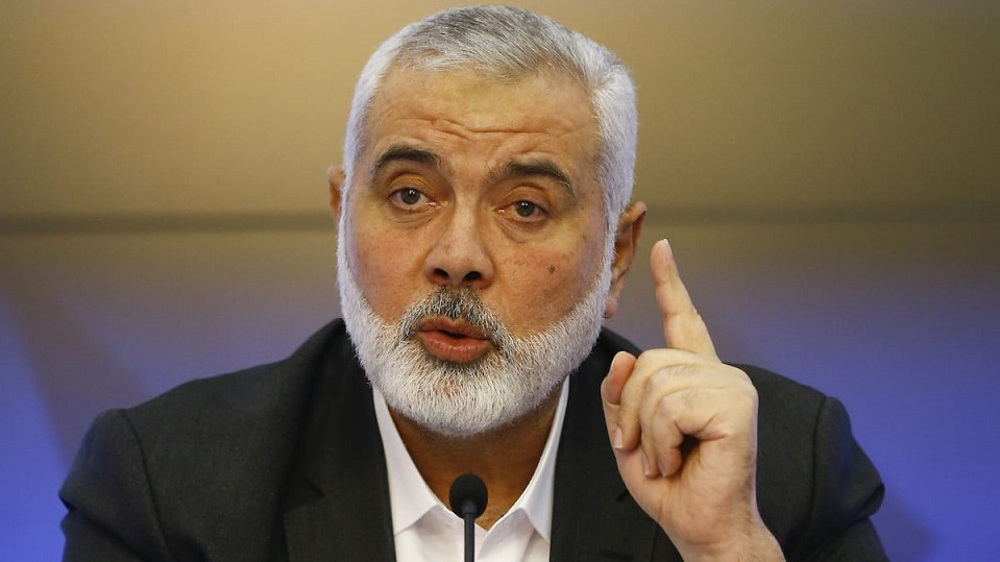
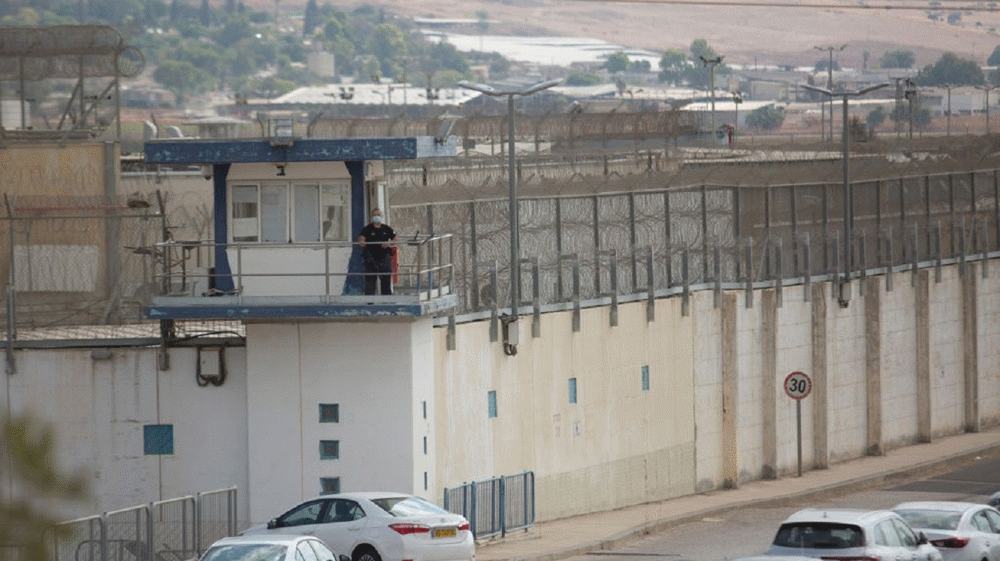

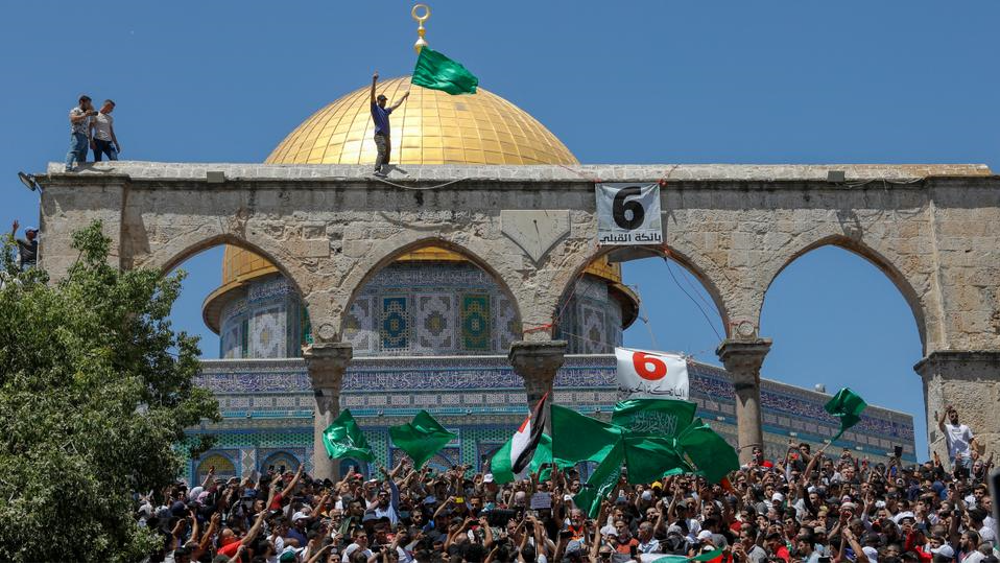
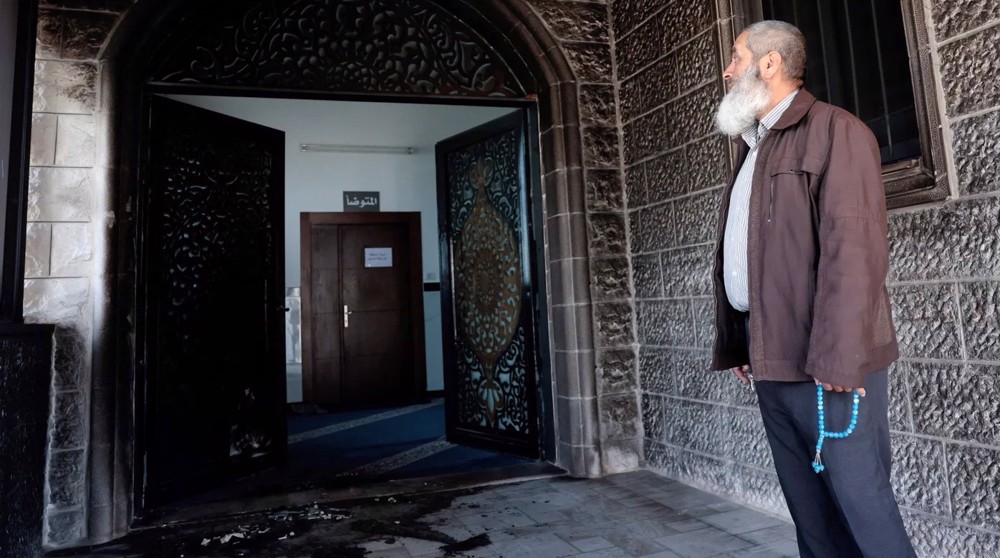
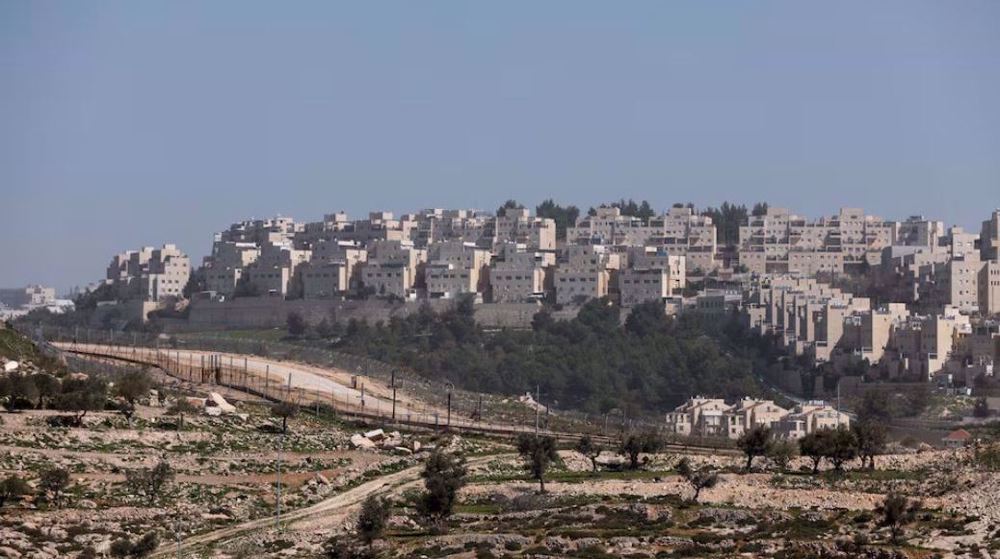
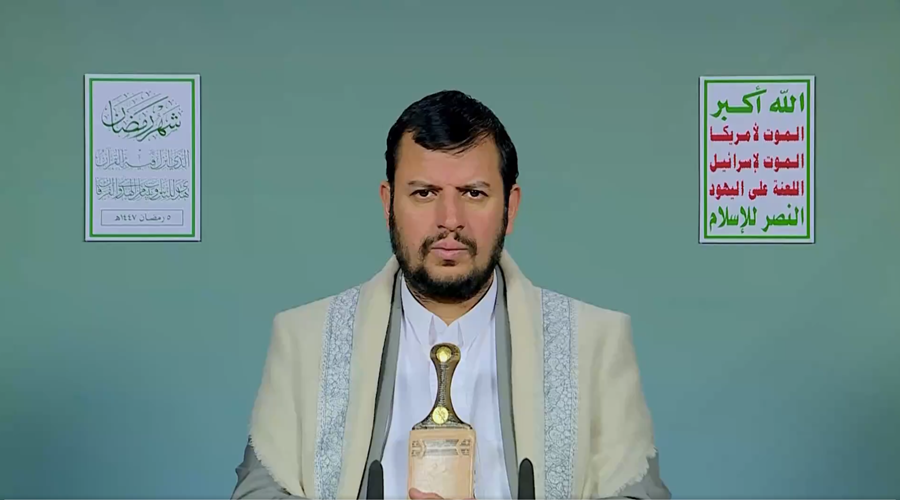



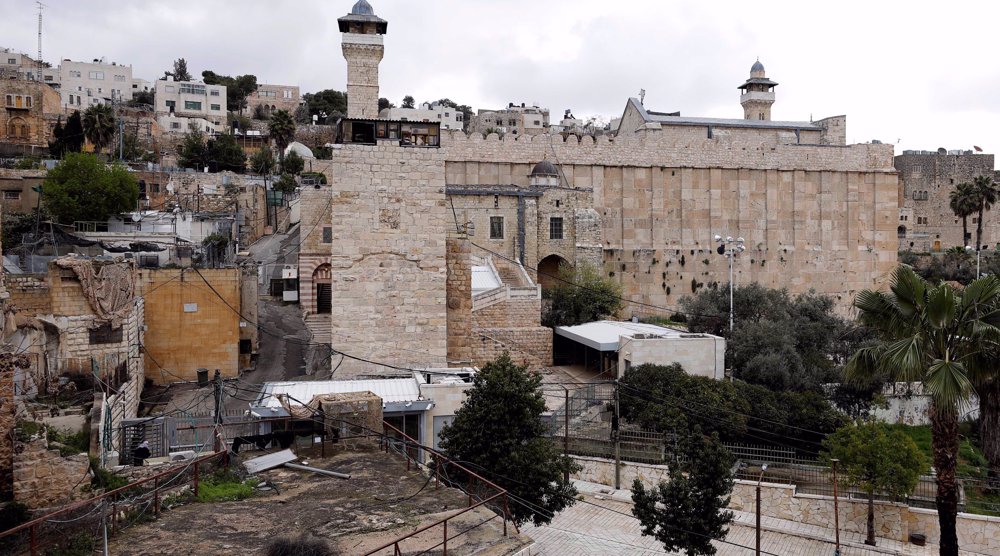
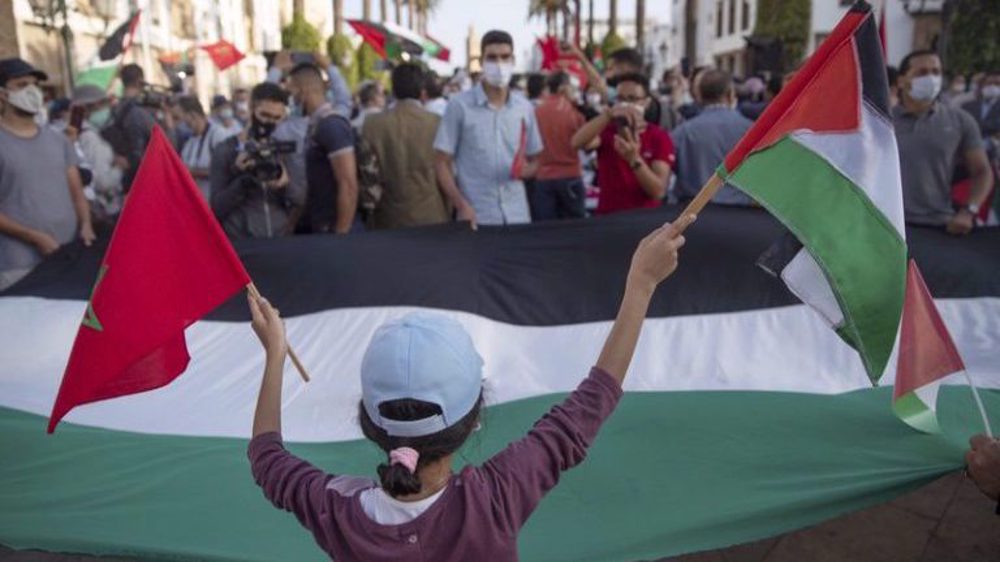
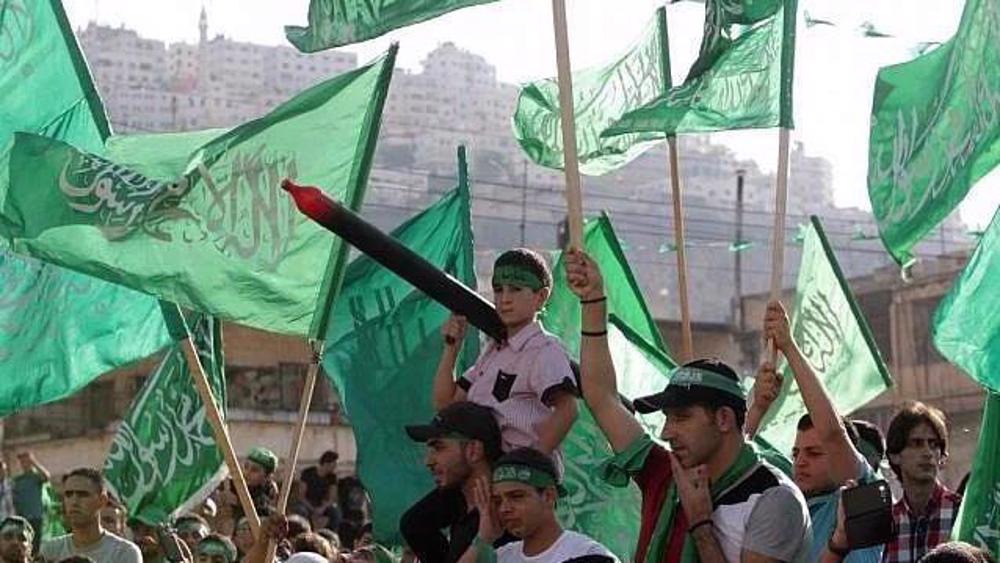

 This makes it easy to access the Press TV website
This makes it easy to access the Press TV website